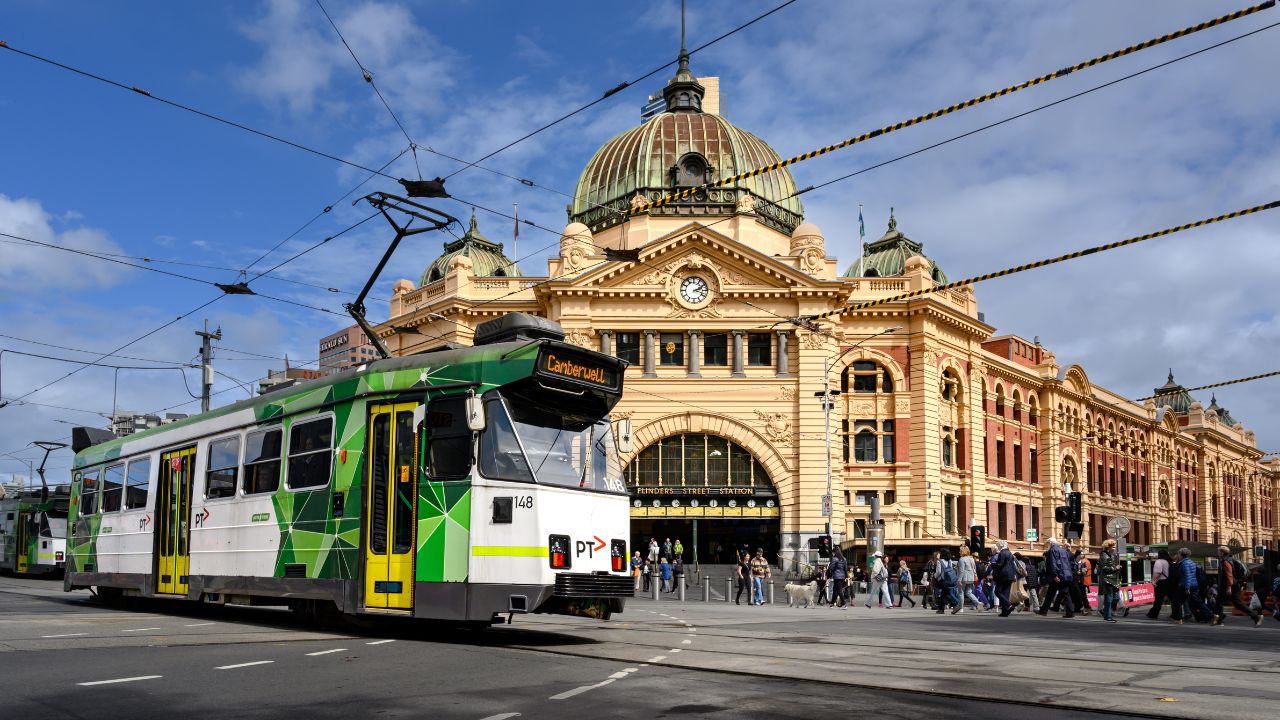Victoria’s property market is facing mounting scrutiny from investors, reports the Property Council of Australia, with sentiment shifting sharply in favour of Sydney and Brisbane.
At the recent Capital Markets Forum in Sydney, industry leaders raised concerns about the impact of surcharges and policy unpredictability on capital flows.
“Every time we raised the foreign surcharges, there was a lot of denying that it was having any impact,” said Carmel Hourigan, CEO of Charter Hall Office.
“But when we look at what’s happening in the global economy, particularly the volatility in the US… we’re sitting here able to get a disproportionate share of capital.
“Asia PAC is in a great position… we’ve gone through a very deep cycle… Values have come back. So we are poised to take advantage of this market.”
However, Victoria appears to be missing out. A report by Mandala Partners, commissioned by the Property Council of Australia, reveals institutional investment into commercial and large-scale residential property developments has dropped significantly.
It found that Victoria now attracts around 40 per cent less global investment per capita than New South Wales.
“If Victoria’s absentee owner surcharge on global investors was slashed, the state could cash in with $5.7 billion in extra investment, $2.5 billion in GDP and 5,900 new jobs by 2030 – about the same number of jobs created as the entire West Gate Tunnel Project,” the report states.
Reflecting on the findings, Peter Menegazzo, CEO of Investa, commented: “The numbers there were quite sobering, and they’re actually quite depressing.
“There was a time where Victoria and Melbourne, indeed, was seen as a global gateway city alongside Sydney … through some really poor decision making, short-term thinking, we’re seeing the results of that. I am just fearful that the hole is getting deeper and something needs to be done.”
Investors at the forum highlighted a preference for markets with stable rules and certainty.
“We like stability, we like clear rules. We don’t like surprises, and it’s everything that we’re not seeing in Victoria,” one participant noted. The consequence is clear: “people just stop investing.”
With Sydney continuing to attract strong interest and Brisbane seeing “chunkier capital” entering the market, Victoria’s challenges may require a rethink of policy settings if it intends to regain its standing among global investors.

